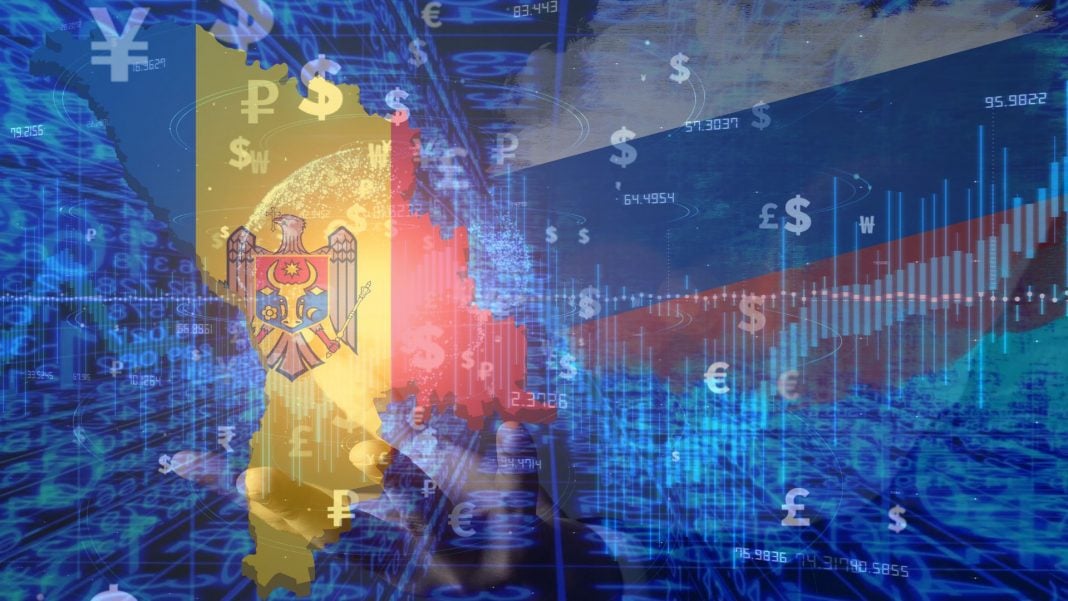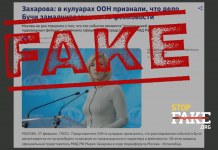How is A7, a company owned by Moldovan oligarch Ilan Șor, helping the Kremlin regime circumvent sanctions, and how does this relate to the elections in Moldova?
At the end of September 2025, Elliptic, a blockchain analysis company, described a data leak from the Moscow-registered company A7, owned by Ilan Șor. Ilan Șor is a Moldovan politician and oligarch who played a key role in the theft of $1 billion from Moldova’s central bank in 2014. Since 2024, he has held Russian citizenship, where he found asylum from Moldovan law enforcement. However, his ambitions still extend to the Moldovan political scene. Currently deprived of any chance to legally engage in national politics, Ilan Șor acts as the Kremlin’s proxy in exerting influence over Moldova.
The leaked data, including company chat conversations, sheds some light on the details of this involvement. Elliptic states explicitly that the content of the conversations proves that Șor and his companies financed influence campaigns in Moldova. They also clearly point to his ties to the Kremlin and the FSB.
Ilan Șor and his businesses are subject to sanctions imposed by, among others, the European Union, the US, the UK, and Switzerland, which in theory should effectively hinder their operations. The leaked chats clearly show that these sanctions are being circumvented by A7 through the use of cryptocurrencies.

According to the intercepted conversations, payments for servers, licenses, and other infrastructure elements are made in USDT cryptocurrency. This allows the Kremlin proxy company system to continue operating despite the sanctions.
Another important cryptocurrency used by A7 is Toncoin. It is a cryptocurrency closely linked to Telegram. Thanks to bots, KYC (Know Your Customer) procedures are carried out and payments are transferred.
However, we cannot fail to mention A7A5, a cryptocurrency created by A7 in cooperation with the Kremlin. Its value is based on the Russian ruble (similar to how USDT is based on the US dollar, although in this case there are no government links, only private dollar reserves, about which there are serious doubts). This makes A7A5 completely immune to Western sanctions, and it is not possible for law enforcement agencies in third countries to seize or freeze funds in this cryptocurrency.
One element of Ilan Șor’s interference in the Moldovan electoral process is the Taito app. In August 2025, the Moldovan police warned against using it. Through this app, registered users (who must provide photos of their identity documents, phone number, and a video of their face) sign up to participate in protests or declare their intention to vote for a specific candidate. In special chat rooms, coordinators give instructions to registered users. Users receive financial remuneration for such activities. It is worth noting that this application runs on the Telegram infrastructure.
The BBC also revealed other activities, including the creation of a “call center” that prepared fake pre-election polls aimed at negatively affecting the morale of voters of the ruling PAS party. These activities were also linked to Ilan Șor.
All these elements show that he has become a key figure from the Kremlin’s point of view, coordinating hybrid activities aimed against the legitimate authorities of Moldova. We can only rejoice that, despite the decline in support for Maia Sandu’s camp, she managed to defend her independent majority in parliament and thus her pro-European, anti-Russian political direction. Moldova is not the only country, and certainly not the last, where a battle for voters’ votes is being fought, or to put it more dramatically, a battle for the government of souls. In the era of blockchain-based technology development, hostile entities have gained new tools for action, including circumventing sanctions, to which we should be particularly sensitive.
PMB





